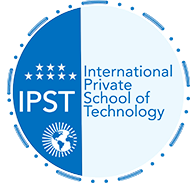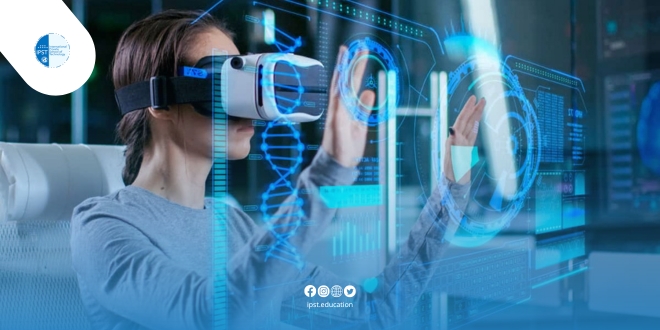In a groundbreaking development in education, many schools around the world began implementing virtual reality (VR) technology in classrooms this week, fundamentally changing the way students learn. This new technology, which relies on creating interactive virtual environments, offers students an immersive learning experience, allowing them to engage with educational content in an unprecedented way.
In this context, the company “Eduverse” launched an innovative program last week that uses virtual reality technology to immerse students in scientific and historical experiences as if they were in the heart of the events. For example, students can now visit space, explore planets, or travel through ancient Egypt without leaving the classroom.
This technology is seen as a perfect opportunity to convey complex academic subjects in an engaging and easy-to-understand manner. Studies have shown that using virtual reality in classrooms can increase student interaction by up to 40%, enhancing their ability to remember and comprehend material.
A recent study by the University of Oxford revealed that students who used virtual reality to learn scientific subjects scored 30% higher compared to their peers who studied the same topics using traditional methods.
The Ministry of Education in several countries, including the United Kingdom and Germany, has started training teachers on how to use virtual reality technology in classrooms to improve the quality of education and enhance students’ critical thinking and engagement with educational content.
Sources:
- “Eduverse” – Virtual Reality Educational Technology Company.
- University of Oxford – Academic Study on the Impact of Virtual Reality in Education.
- Ministry of Education in the United Kingdom – Report on Integrating Virtual Reality Technologies in Schools.



